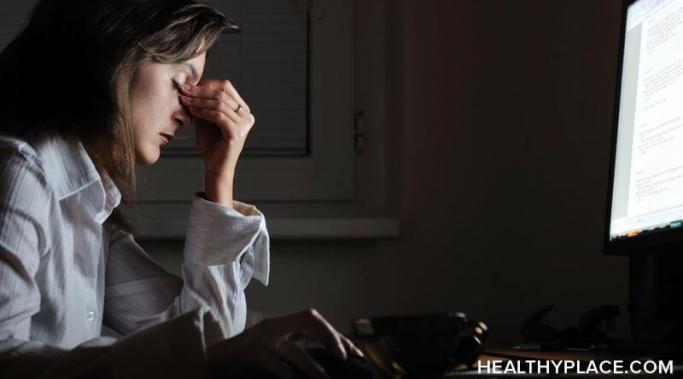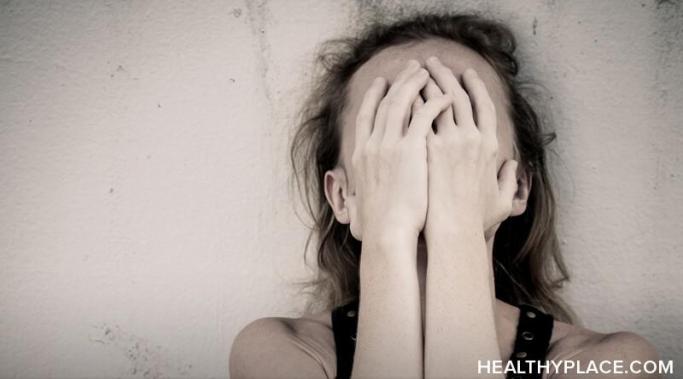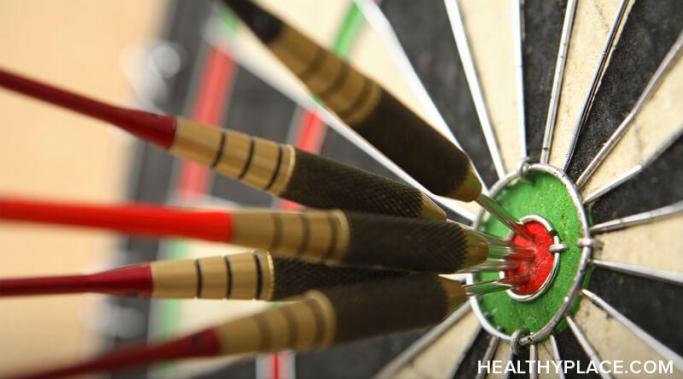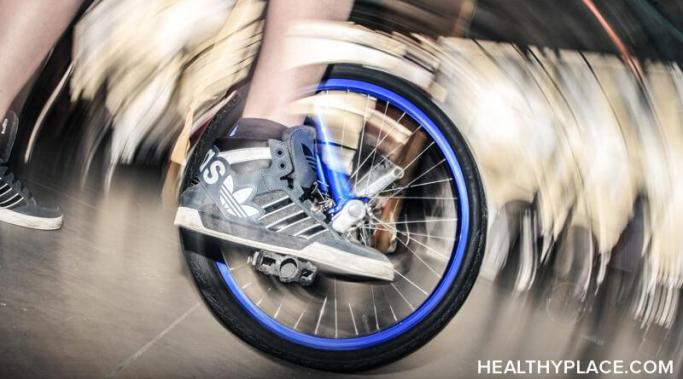Blogs
An area of my anxiety that has been difficult to overcome has been productivity anxiety. Since I was young, I've held myself to high standards that I've found unreachable. When I was younger, these standards meant getting good grades and succeeding in school. As I got older, these standards extended to every other area of life. The problem with constantly chasing standards like this is that they get bigger, higher, and seemingly less realistic, to the point that trying to get there becomes a source of stress and anxiety. In my experience, this has looked like the need to be constantly productive. But the anxiety I experience about productivity means it always feels like what I do is never enough.
I tend to be much more transparent and vulnerable online than I am in daily face-to-face interactions. When someone I know in real life inquires about my fitness or nutrition habits (because, to the surprise of no one, this is a body-conscious culture), I notice my cheeks start to flush, and I choose the vaguest answer possible. That reaction strikes me as curious, though. Why am I still embarrassed about my eating disorder after all these years?
Dating and depression don't mix very well. When you feel terrible about yourself because of depression, it's not the best time to meet new people and try to develop healthy connections. But if your depression is longstanding, does that mean you shouldn't date? Can you successfully date while depressed?
I had somehow convinced myself that my life would be over the moment I walked out of there, completely devoid of confidence and self-worth. That’s a tad dramatic, but at the time, I didn’t know better; I was so clouded by feelings of self-doubt to see beyond the tragedy (as I would have described it at the time) unfolding right before my eyes. You’re a little lost, so let me dial it back for you.
Generally speaking, I'm not a very good liar, but I am excellent at lying to myself. I count myself amongst the majority in this department. Most people value honesty and seek to use it in their relations with others, but when it comes to themselves, they may be so adept at deception that they don't even know they're doing it. But self-honesty and not lying to yourself matters.
When treating bipolar disorder, I think it's critical to gain bipolar mood stability first and only then tweak up or down as needed. That means that if you're in a depression right now (and let's face it, that's when people seek help the most), the goal isn't to treat depression, per se, but rather to gain bipolar stability. Of course, I'm not the only one who thinks this. The esteemed psychiatrist Dr. Jim Phelps agrees: treatment should focus on bipolar mood stability first.
It can be discouraging for many individuals to move away from and begin verbal abuse recovery once they realize the journey is not straightforward. Unlike overcoming other life obstacles, recovery from verbal abuse may present setbacks, leaving an individual with lost hope for a healthy relationship. Although the process may not be as simple as avoiding an abuser, it is possible to hold meaningful connections with others.
I have a long history with perfectionism. In fact, I cannot recall a time in my life when this fixation wasn't driving my performance and achievements. I suspect this is one reason I have always been drawn to activities or pursuits that measure excellence in visible, quantifiable terms. In school, I only accepted straight As. In athletics, I gravitated to sports like archery, where I could aim for the center of a literal bullseye. And in my career, I have turned to writing—a skill based on technical precision. But as I continue to heal my thoughts and behaviors from the residue of anorexia, I am learning to appreciate that eating disorder recovery is not about perfection.
As a writer, I’ve found creativity is one of the first things to be affected when my depression rears its ugly head. Depression makes it harder to motivate myself to write and harder to express my unique creative voice—the thing that brings me the most joy.
In my experience, the worst part of schizophrenia is having episodes of psychosis. Losing touch with reality can be terrifying. For me, psychosis always involves hearing voices, delusions, and paranoia. I usually stop eating, which most likely makes the symptoms more severe. Complicating my experience with psychosis is a symptom called anosognosia.









